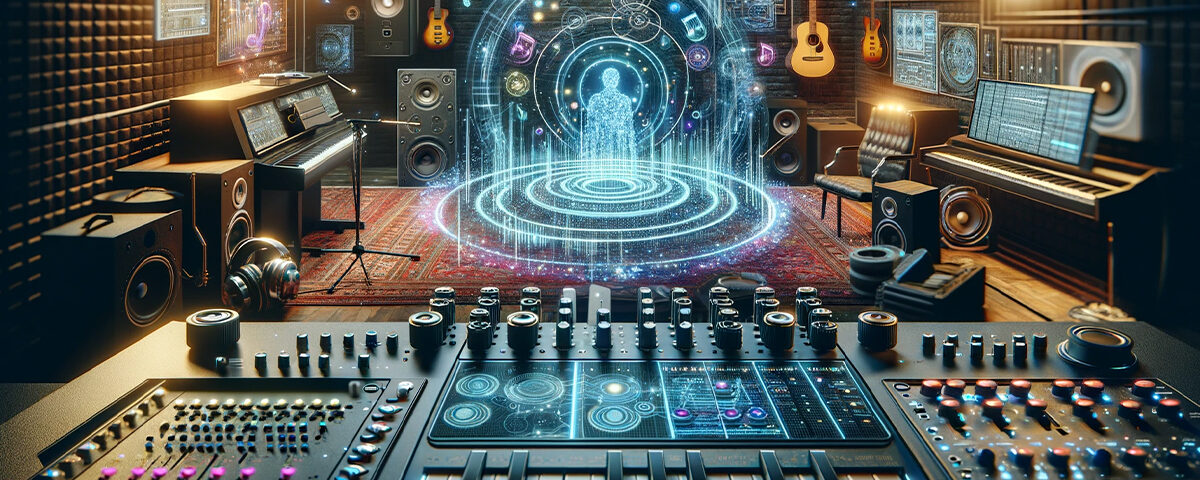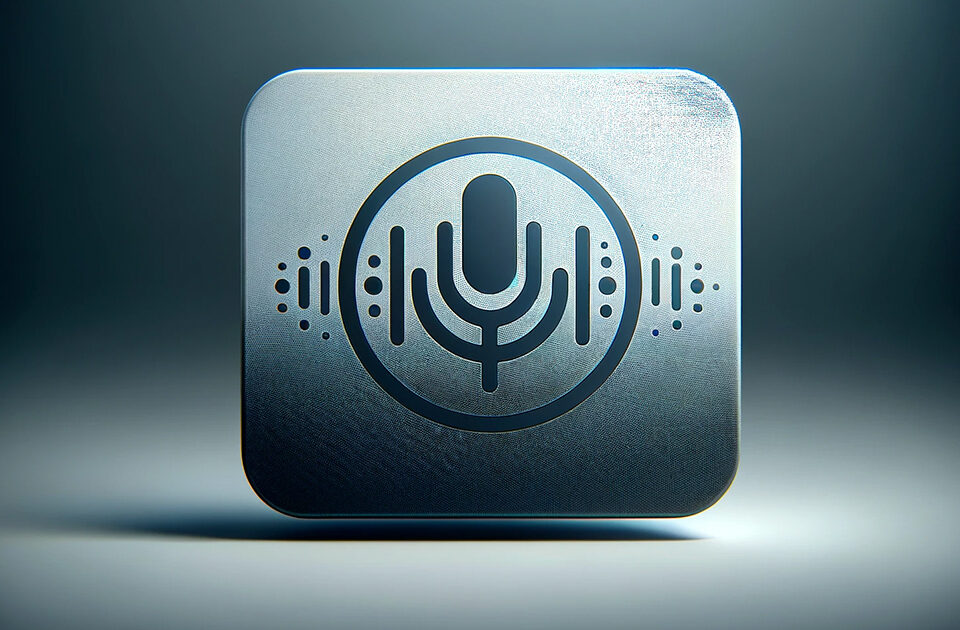AI Music Composition: A Symphony of Technology and Creativity
In the evolving landscape of music creation, Artificial Intelligence (AI) has emerged as a pivotal player, offering groundbreaking opportunities in the realm of composition and production. For musicians, composers, and creative minds like Jacinth Paul, who thrive at the intersection of music and technology, AI in music recording represents a fascinating confluence of art and science. This article delves into the nuances of AI music composition, exploring its capabilities, implications, and the future it heralds for the music industry.
Understanding AI Music Composition
AI music composition involves the use of algorithms and machine learning techniques to create music. AI systems are trained on large datasets of music, learning patterns, rhythms, harmonies, and structures that define various genres. These systems can then generate original compositions by applying these learned principles, often in collaboration with human musicians.
Capabilities of AI in Music Creation
- Assisting Composers: AI can act as a tool for composers, suggesting chord progressions, melodies, and even entire compositions based on the style or mood desired. This can significantly reduce the time taken to develop new pieces and offer fresh perspectives in musical arrangements.
- Adaptive Music: In interactive environments like video games or virtual reality, AI can create adaptive music that changes in response to the user’s actions or environment, providing a more immersive experience.
- Personalized Compositions: AI can tailor music to individual tastes or specific scenarios, such as creating a unique soundtrack for a film scene or generating a playlist that matches a listener’s mood.
The Impact on Musicians and the Music Industry
The integration of AI in music composition has sparked a debate regarding its impact on musicians and the industry:
- Enhancing Creativity: For many artists, AI is a tool that augments their creative process, offering new avenues for exploration and inspiration. Musicians like Jacinth, who are well-versed in both the artistic and technical domains, can harness AI to push the boundaries of traditional composition.
- Democratizing Music Production: AI levels the playing field by enabling individuals without formal musical training to create and experiment with music, potentially leading to a more diverse and inclusive music landscape.
- Ethical and Economic Considerations: There are concerns about authorship, royalties, and the potential for AI to displace human composers. The industry must navigate these issues carefully, ensuring fair recognition and compensation for both AI and human contributions.
The Future of AI in Music
Looking ahead, the potential of AI in music composition is boundless:
- Integration with Emerging Technologies: As AI continues to evolve, its integration with other cutting-edge technologies like augmented reality (AR) and virtual reality (VR) could lead to new forms of musical expression and experience.
- Enhanced Collaboration: AI could facilitate deeper collaboration between artists globally, transcending geographical and cultural barriers.
- Educational Tool: AI can be a valuable educational resource, helping students learn composition and music theory through interactive and personalised experiences.
Summary
AI music composition stands at the forefront of a new era in music production, blurring the lines between technology and art. For visionaries like Jacinth, it represents not just a tool for creating music but a canvas for innovation, blending the precision of technology with the soul of artistic expression. As we embrace this symphony of AI and creativity, the future of music holds exciting, uncharted melodies waiting to be discovered.


